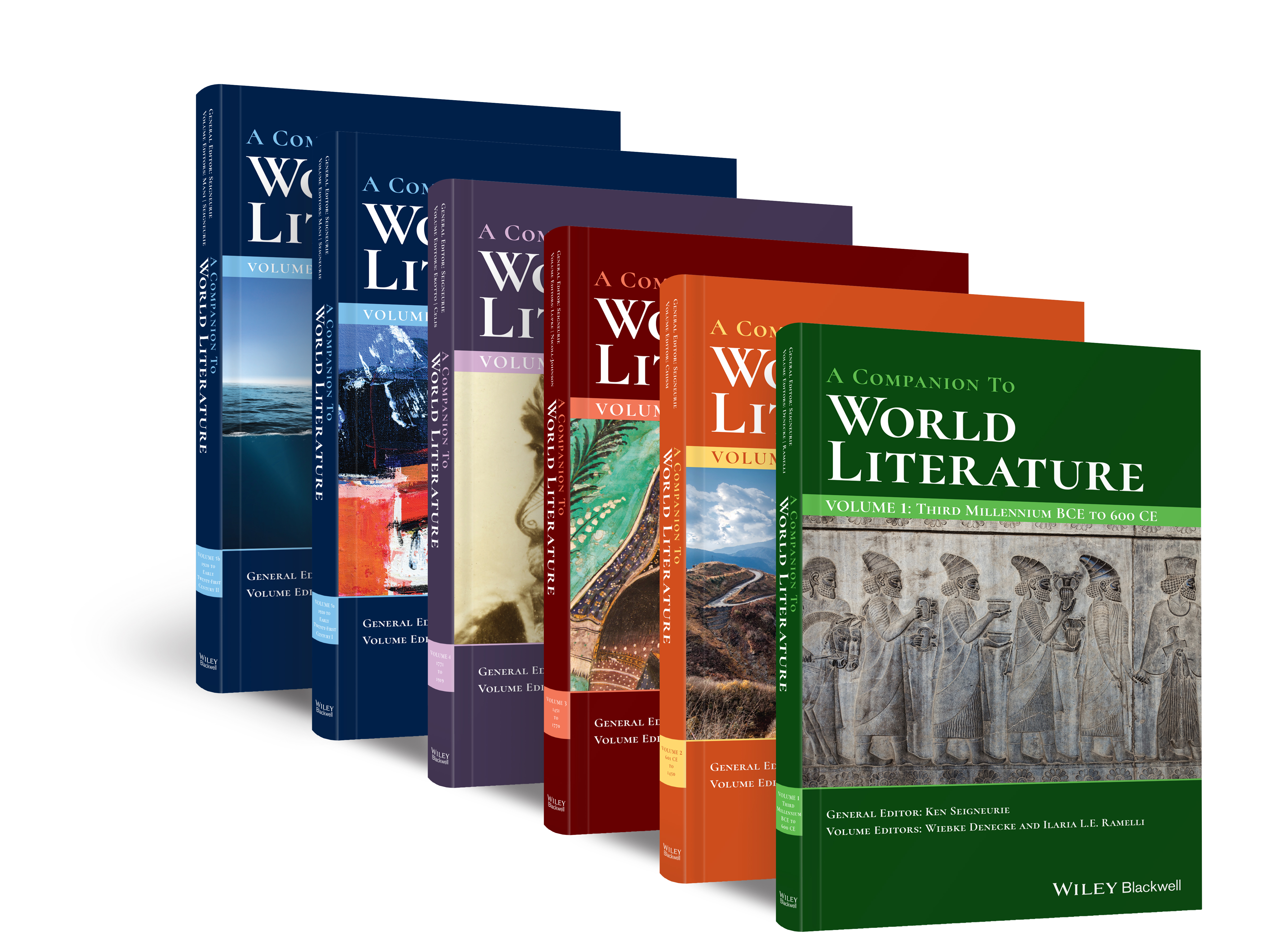Wole Soyinka: Art, Politics, and the (African) World
Abstract
I begin this chapter by revisiting the debates about authenticity that surrounded the Nigerian writer Wole Soyinka's reception in the 1960s. These debates centered on Soyinka's unwillingness to merge his politics with his art, and they flared up following his public rejection of Negritude. Whereas many African writers and critics felt that Soyinka's rejection revealed his European sympathies, I emphasize the philosophical grounds of his rejection. I proceed by arguing that Soyinka's concept of “the African world” radically revises Negritude's logic and provides an alternative framework for African self-apprehension. By the mid-1970s, this alternative framework had become central to Soyinka's theoretical and literary output. I underscore this centrality through brief readings of two works: Myth, Literature and the African World and Death and the King's Horseman. I conclude with an alternative mode of reckoning Soyinka's status in World Literature that derives from the writer's notion of “the African world.”



